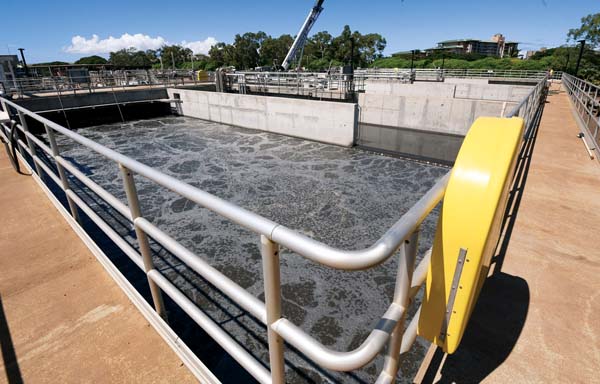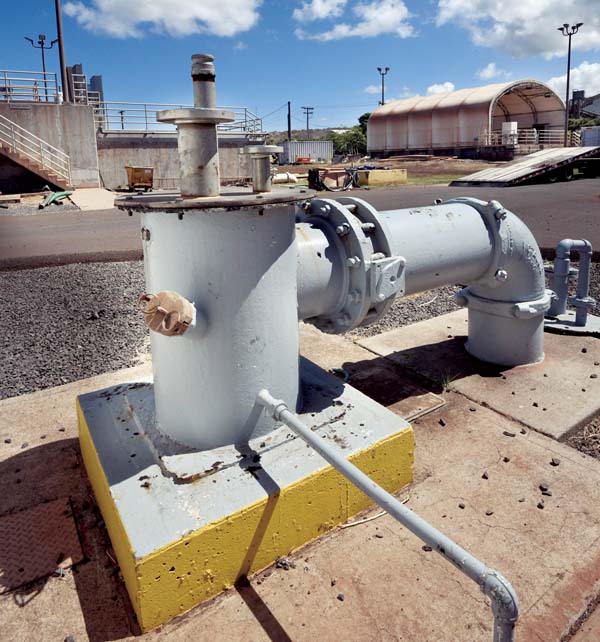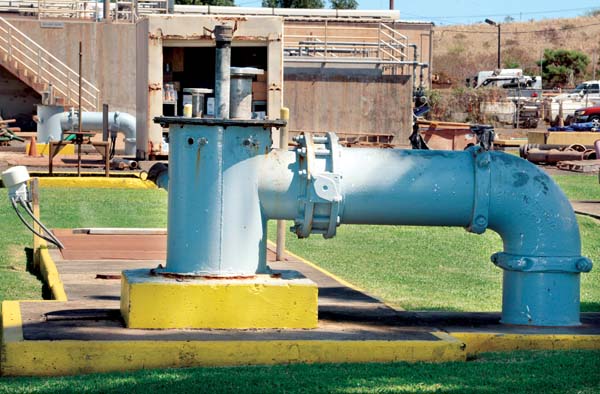Debate has arisen over who can make ultimate decision over lawsuit
The Maui News, September 28, 2019
LOCAL NEWS
KEHAULANI CERIZO
Staff Writer
kcerizo@mauinews.com
WAILUKU — Last week, a County Council majority sent a clear directive to the county’s Department of Corporation Counsel and Mayor Michael Victorino: Settle the controversial Lahaina injection wells lawsuit and remove it from the U.S. Supreme Court docket.
This week, though, a new debate has arisen over who has the ultimate authority over the lawsuit — the council or the mayor. It has created confusion over what will happen next.
“I’ve heard people say this could be a constitutional crisis. We don’t have a constitution so I guess it would be a crisis of the charter,” County Council Chairwoman Kelly King told The Maui News on Friday.
On Sept. 20, the council voted 5-4 on a resolution that calls for the settlement of the injection wells case, County of Maui vs. Hawaii Wildlife Fund, under terms proposed by the plaintiffs. The resolution authorizes Victorino to withdraw the case, which is scheduled to be heard by the high court Nov. 6.
King, as well as lawyers with the Office of Council Services, says the resolution has “the force and effect of law, and therefore removes authorization for the mayor to continue seeking a Supreme Court hearing on the matter.”

Corporation Counsel lawyers, county attorneys who by the charter represent both the council and administration, disagree.
Ed Kushi, first deputy corporation counsel, told the council at the meeting Sept. 20 that if the settlement is purely fiscal, then the council has authority. But if it has to do with settlement terms, an executive function, then authority lies with the mayor. Because the case involves both, the council and mayor have to agree on a course of action.
When there is an ambiguity over power between the executive and legislative branches, King and Office of Council Services lawyers point to Section 2-2 of the County Charter, which says “all powers of the county shall be carried into execution as provided by this charter, or, if the charter makes no provisions, as provided by the ordinance or resolution of the County Council.”
King said voters years ago recognized the flaw in a system that has lawyers from the same department, the Department of Corporation Counsel, representing both the council and the administration. A voter-approved 2016 charter amendment allowed Office of Council Services attorneys to serve as legal advisers for the council, she said.
“I feel strongly that we are not being served by Corporation Counsel as their client” in the injection wells case, King said Friday. “It may be a dysfunction of the charter, and everyone’s talked about this for years . . . How is Corporation Counsel going to serve the mayor and the council when they’re at odds?”

Moana Lutey, head of the Department of Corporation Counsel, declined to comment on what happens when attorneys from the department and from the Office of Council Services disagree. She also did not respond to a question about to whether her department supported the Supreme Court hearing and case.
King sent a letter Thursday to Corporation Counsel requesting that the department execute the settlement agreement and take any necessary steps, including filing papers with the Supreme Court, to resolve the case.
The memo noted that there was over five months of deliberations on the issue and Corporation Counsel had not questioned the council’s authority to settle the case. Department attorneys also did not cite charter provisions restricting the council’s authority in this case.
“It’s not easy, but it did take a council that’s truly representing the electorate to stand up and say we’re not afraid of Corporation Counsel. We know what our rights are. We are talking to other attorneys who are saying they’re wrong,” she said.
King highlighted the hundreds of pages of written testimony, along with in-person testifiers, who have been against the case being heard by the Supreme Court.

The Surfrider Foundation Maui Chapter, Sierra Club Maui Chapter and Hawaii Wildlife Fund, all plaintiffs in the lawsuit, have organized a Lahaina paddle out Oct. 5 to “celebrate clean water and ask Mayor Victorino to respect the County Council’s decision.” The paddle begins at 9 a.m. with participants meeting at the beach fronting the Whalers Village Shopping Center in Kaanapali.
The West Maui Preservation Association is the fourth plaintiff.
County spokesman Brian Perry said Friday that there are no new updates, and that the mayor is mulling various possibilities.
“Mayor Michael Victorino is continuing to gather information and input on the impacts of withdrawing Maui County’s Lahaina injection well appeal from the U.S. Supreme Court,” Perry said. “He is reaching out to experts, regulatory agencies, the state and other counties, and those who would be affected by this action.”
He declined to comment on what happens when lawyers from the Office of Council Services and Corporation Counsel are not on the same page.
The mayor last week said that it could cost the county more than $800 million in fines, required improvements and legal fees if the county settles before the case goes to the high court.
Lawyers for the plaintiffs, though, say that the numbers amount to “Chicken Little” fear tactics.
In 2012, the four plaintiffs filed a complaint against the county over the use of injection wells at the Lahaina Wastewater Reclamation Facility, saying effluent was reaching the ocean, impacting marine life and violating the federal Clean Water Act.
The county argued the discharge of treated wastewater from injection wells doesn’t need permits under the Clean Water Act because pollutants do not flow directly into the ocean but rather indirectly through groundwater.
In 2014, the U.S. District Court in Hawaii ruled that the county’s use of injection wells was a violation of the Clean Water Act. Then, the 9th U.S. Circuit Court of Appeals denied a county appeal and shut down its request to reconsider.
In February, the U.S. Supreme Court agreed to hear the case.
At the Sept. 20 meeting, Kushi laid out a possible path for the resolution and the injection well case.
“I look at the scenario as follows,” Kushi told council members. “You pass this resolution today, it goes up to the mayor, it’s up to him to do what he wants. If he agrees with the resolution, he will tell my office, ‘Withdraw the appeal.’ If he doesn’t, he doesn’t. Then it’s up to whoever to try and get an injunction on him to force him.”
King said she doesn’t want to get too far ahead. She is hoping to receive a positive response and status report to her Corporation Counsel letter by Tuesday.
“I think there’s a chance the mayor may come to his senses, and just realize ‘OK, the council has spoken. I am going to focus on my administrative duties which are to make sure Department of Environmental Management’s moving forward on reuse,’ because he said he’s committed to reuse and recycling.
“Just move forward with that, that’s your job. Policymaking is the job of the council. This is definitely policymaking.”
* Kehaulani Cerizo can be reached at kcerizo@mauinews.com.
Original article URL:
https://www.mauinews.com/news/local-news/2019/09/lawyers-disagree-over-authority-in-injection-well-case/

